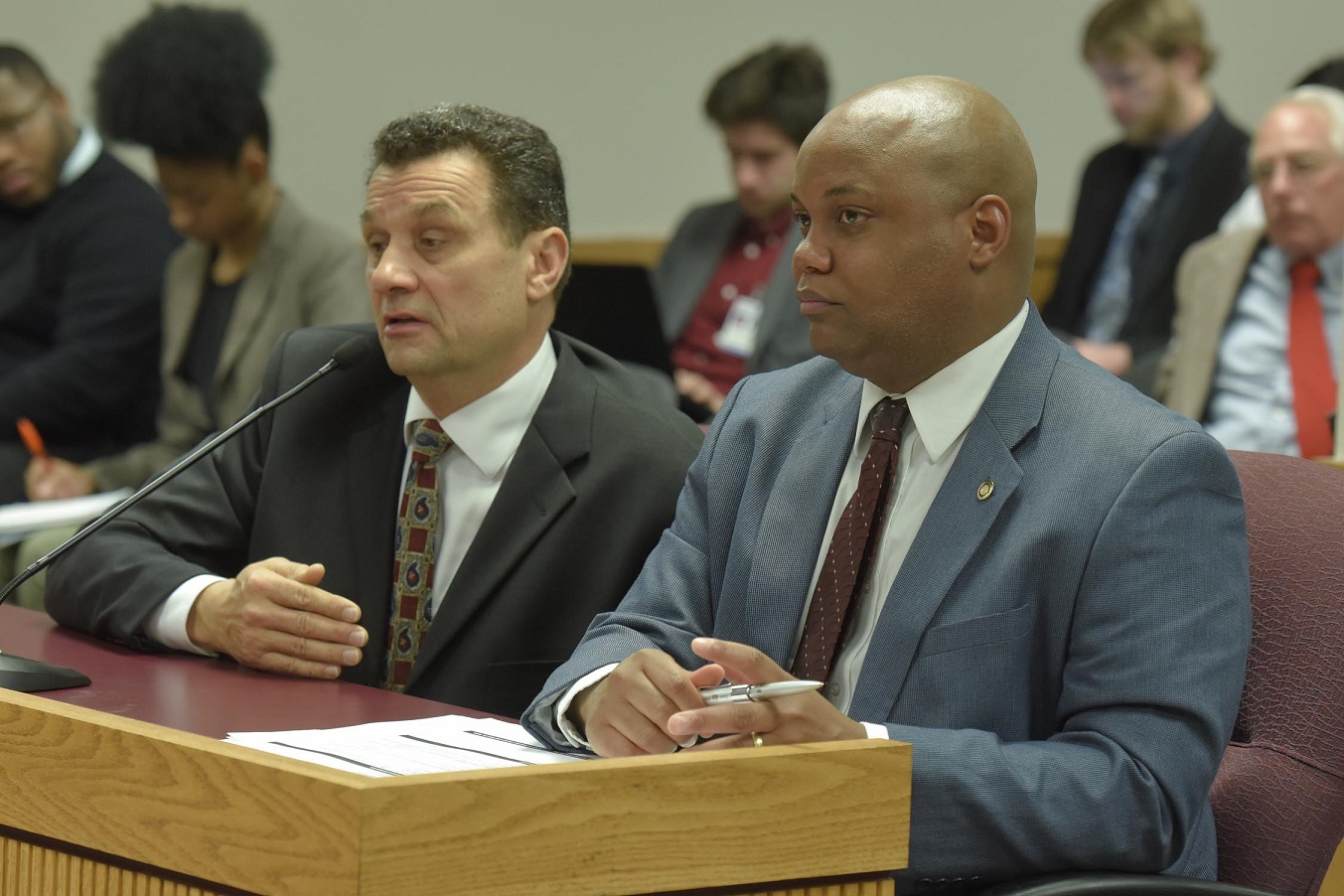If the House’s budget proposal stands, Missourians might see fewer DUI checkpoints on state roads over the next fiscal year.

The House proposed language that would prevent money controlled by that budget from going to such checkpoints. House Budget Committee Chairman Scott Fitzpatrick (R-Shell Knob) said this is largely because of data indicating checkpoints aren’t effective enough compared to other enforcement methods.
Lake St. Louis Republican Representative Justin Hill, who formerly worked for the O’Fallon Police Department, also said saturation efforts are more effective. He encouraged fellow lawmakers to give those a try for the twelve months of Fiscal Year ’18.
Representative Galen Higdon (R-St. Joseph) is a former Buchanan County Sheriff’s Deputy. He coordinated checkpoints for the last four years before his retirement. He believes checkpoints have reduced crashes in his district, so he opposed the new language.
“[Checkpoints] are an efficient way to reduce intoxicated or impaired drivers on our highways,” said Higdon.

Representative Kathie Conway (R-St. Charles) chairs the budget subcommittee on Public Safety. She said when the idea to bar state funds from going to checkpoints came up she heard from numerous law enforcement agencies, victims groups, anti-drunk driving groups, and others who opposed the change and were “upset” about it.
She said checkpoints and saturation efforts can work in conjunction, and said the latter actually work better when the two are used together.
Proponents of the change also said there are questions of whether checkpoints violate Missourians’ rights, and said saturation efforts are also more effective at dealing with other violations of the law besides impaired driving.
If the language becomes law, nothing in Missouri law would prevent law enforcement agencies from conducting checkpoints. They simply would not be able to use money allocated by the state budget to do so.
The House’s proposed budget plan next goes to the state Senate for its consideration.

